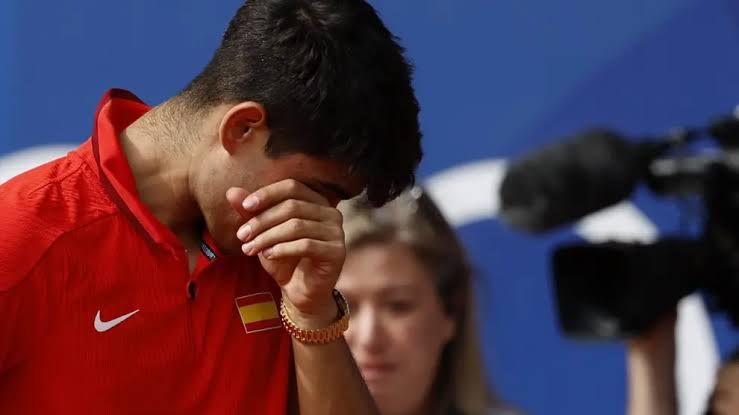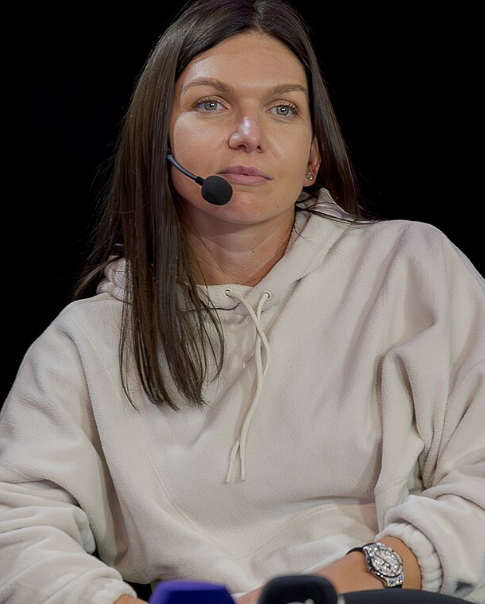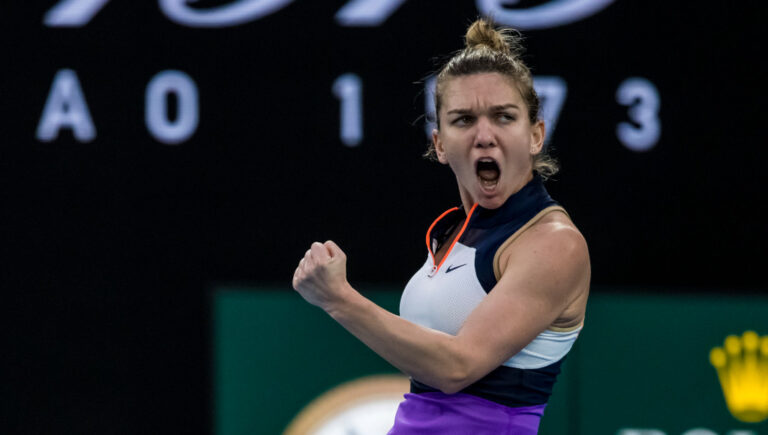DNA Shockwave: Carlos Alcaraz’s Fatherhood Mystery Unveiled in Stunning Twist
In a stunning turn of events that has sent shockwaves through the sports world, recent DNA test results have reportedly cast doubt over the paternity of tennis sensation Carlos Alcaraz. Known for his explosive power on the court and rapid rise to global fame, the 21-year-old Spaniard is now at the center of a deeply personal and emotional storm off the court—one that challenges his very identity.
A Golden Boy of Tennis
Carlos Alcaraz, born in El Palmar, Murcia, has become a symbol of hope and pride for Spanish tennis. Often hailed as the heir apparent to Rafael Nadal, Alcaraz broke into the international scene with a mix of raw talent, grit, and humility. His 2022 U.S. Open victory and meteoric climb to World No. 1 made him not only a tennis icon but also a national hero in Spain.
Raised by his father, Carlos Alcaraz González, who owns a tennis academy and has long been seen as a pillar of support in his life and career, Alcaraz has often spoken fondly of his family’s unwavering encouragement. “My father introduced me to the sport. He taught me everything,” Alcaraz once said in a heartfelt interview. The bond between father and son was celebrated as one of the key ingredients to his rapid success.
But now, that bond faces an unimaginable test.
The DNA Revelation
According to multiple Spanish media outlets and social media speculation that has since gone viral, a private DNA test commissioned for undisclosed reasons has returned unexpected results: Carlos Alcaraz González may not be the biological father of the tennis star.
The test, reportedly conducted in early March by a private genetic lab in Madrid, allegedly revealed a mismatch in key paternal DNA markers. Sources close to the situation suggest that the test was not initially intended for public disclosure, but was leaked by an insider with access to the report.
Neither Carlos Alcaraz nor his family has made an official public statement regarding the report, though his management team has neither confirmed nor denied the rumors. When asked by reporters during a press appearance at a recent tournament, Alcaraz deflected the question, saying only: “I’m here to talk about tennis.”
Public Reaction and Media Frenzy
As expected, the news has ignited a media firestorm. Social media platforms have been flooded with a mix of shock, sympathy, and sensationalism. Fans, fellow athletes, and journalists have all weighed in, with some urging the public to respect Alcaraz’s privacy, while others speculate on the implications such a revelation could have—not just for Alcaraz’s personal life, but potentially his legal identity.
“This is a young man who has achieved greatness on the world stage, and now he’s being dragged into a family drama he didn’t ask for,” tweeted tennis legend Martina Navratilova. “Let’s not forget he’s human, too.”
Meanwhile, psychologists and family counselors have begun weighing in on the emotional toll such revelations can have, especially when they involve public figures.
“Learning that a parent may not be biologically related to you can shatter your sense of self,” says Dr. Ana Méndez, a clinical psychologist based in Barcelona. “When that revelation happens under the public eye, the emotional burden is exponentially greater.”
Why Now?
One of the most pressing questions in the wake of the news is: why was the DNA test conducted in the first place? Several unconfirmed reports suggest that a third party, possibly a distant relative or former family acquaintance, had raised doubts about Alcaraz’s paternity years ago. Others speculate that a legal inheritance dispute or health-related concerns may have prompted the test.
Adding fuel to the fire, some insiders suggest that the Alcaraz family has been aware of the possibility for some time but chose to keep the matter private to protect Carlos’s mental health and career.
“There may have been internal conversations for years,” one anonymous source close to the family said. “But now that Carlos is a global star, nothing stays hidden for long.”
The Man Who Raised Him
Regardless of the biological findings, many are quick to emphasize that Carlos Alcaraz González is still the man who raised, coached, and believed in Carlos from day one.
“DNA doesn’t define fatherhood,” said former Spanish tennis star and coach, Juan Carlos Ferrero, who has been instrumental in Alcaraz’s professional development. “The love, time, and sacrifice Carlos’s father gave him—that’s what really matters.”
Ferrero also made a subtle yet heartfelt remark during a recent post-match interview: “Families are built on love, not just blood.”
This sentiment seems to be shared by many fans who have taken to social media to show support. Hashtags like #FatherInHeart and #TeamAlcaraz have been trending in Spain, with users expressing admiration for the Alcaraz family’s strength and unity amid the chaos.
Legal and Personal Implications
From a legal standpoint, the implications of the DNA results are uncertain. In Spain, paternity is not solely determined by genetics, especially when a person has been recognized and raised as a legal parent for the majority of a child’s life. Unless someone initiates a formal legal challenge, it’s unlikely that the results would have immediate consequences.
Still, questions remain. Could this affect endorsements? Will it prompt further investigations into the athlete’s past? How will this impact Alcaraz’s focus as he prepares for upcoming tournaments like Roland Garros and Wimbledon?
Experts believe that if Alcaraz and his team handle the situation with transparency and dignity, the long-term impact on his career could be minimal—especially if the public rallies behind him, as they seem to be doing now.
Moving Forward
In the midst of the swirling headlines and intrusive questions, Carlos Alcaraz continues to do what he does best—compete. In his most recent match, he appeared calm and focused, displaying none of the emotional weight that must be pressing down on him behind the scenes.
If anything, this latest challenge could become another testament to his mental toughness—a quality that has already made him a champion on the court. Whether or not he chooses to publicly address the matter, one thing is clear: Carlos Alcaraz remains a symbol of perseverance, character, and grace under pressure.
As fans and fellow athletes continue to express their support, many hope this chapter—however painful—will ultimately reinforce what many already believe: that true family is defined by love, not just biology.






